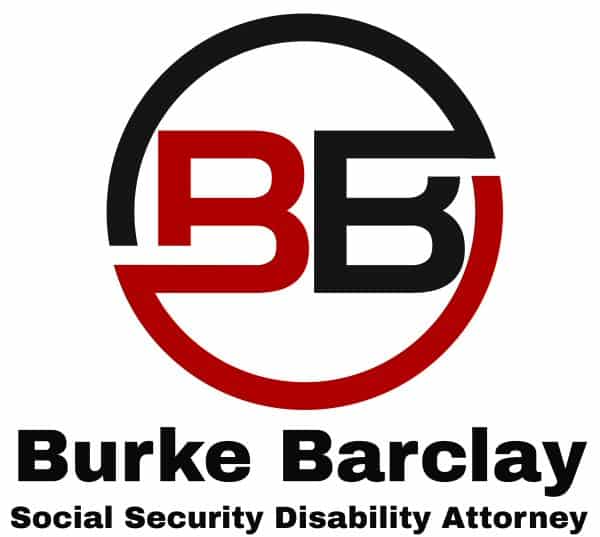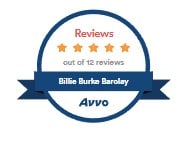Appealing Your Social Security Disability Case After Your Denial
Appealing Your Social Security Disability Case After Your Denial.
I understand how heart-breaking a denial can be. First, it is likely you have been working hard on your case for the last two years, and your condition has likely not improved. Second, your finances were spent after the first three months of not working and you’re tired of getting handouts from friends and family. Heck, you may have lost some friends along the way and family members won’t even pick up the phone when you call anymore.
To say the least, life doesn’t feel all that fair right now. The judge who issued his or her unfavorable decision may have even said things like your claim was not credible, or he or she may have even been rude to you when testifying.
The Social Security disability system is not always fair, and people who truly are unable to work many times cannot win their case even after filing over and over again. You may not know where to turn after your denial, but if you just understand what options you have remaining, you may be able to right the ship after all.
First, there is an appeal stage after your denial is issued by the Administrative Law Judge (the ALJ). You can take your case now to the Appeals Council and ask them to review the decision. Because you do not want to lose your protected filing date, you need to appeal the decision instead of refiling another claim if at all possible. Your chances may actually be better pleading your case to the Appeals Council rather than filing an entirely new claim.
Further, if you have passed your date of last insured, you are definitely going to have to file an appeal from your hearing decision rather than starting a new application. This is important, because if you claimed a certain onset date in which you were unable to work due to your condition, you cannot now go back and claim the same onset date.
There is this thing in law called res judicata. It’s a complicated word with a simple meaning. What it means is that if you accept the ALJ’s decision, then you cannot go back in the future and claim the same issues at the same time in which you said you were unable to work. The issue of whether or not you are able to work has already been decided by the judge at your last hearing, and if you wait too long, you can’t go back and say the ALJ was incorrect in denying your disability benefits.
So, once you do actually file your appeal with the Appeals Council, you will be given a certain amount of time in which to submit your argument as to why you believe the ALJ was incorrect. Read through the decision and compare the ALJ’s written statement to your testimony at your hearing and your medical records.
If the ALJ incorrectly stated something in his or her opinion, then you may be able to make the argument that if the ALJ had not interpreted your medical records or testimony in such a way, you would have been approved. It is going to take some work on your part, but if you truly are unable to work, then this is something you are going to have to do.
Social Security disability law is vast and often contradicts itself. Go to a local law library in your area if you can, and read decisions from the federal court in your jurisdiction as well as Social Security’s own regulations to show the ALJ did not follow the law. This is by and far the best way in which to appeal your last decision.
An error in the law, if it materially hurt your case, has a better chance of being overturned rather than arguing to ALJ incorrectly interpreted your medical records or testimony. Social Security and the federal courts give an ALJ great leeway in making a decision as to whether he or she feels you are capable of working.
Also know this. Once you do file an appeal with the Appeals Council, you are going to have to wait a year or so before there is a new ruling issued. If the Appeals Council decides not to overturn the ALJ’s decision, then you still have more options to consider. If the Appeals Council does overturn your denial of benefits, you must know you are very likely to have to go before the same ALJ you did before.
That leads me to another point. It is very important that you do not attack the ALJ personally for your denial. While this decision seemed very personal to you, it was not for the ALJ. When you do submit your appeal, being respectful is critical. Tell the Appeals Council that you “respectfully” disagree with the ALJ’s decision. Nothing is more uncomfortable than having to return to the same ALJ a year or so later when you have attempted to badmouth or embarrass him or her in your argument.
If the Appeals Council does decide not to overturn your denial, you still have options. Appealing your case to a federal court may also increase your chances of success. About 50% of all disability cases that enter into the federal court system are successful in overturning a prior denial for benefits. Again, if you have already passed your date of last insured and were denied at the Appeals Council level, then you may have no other choice than to file an appeal in federal court.
At any level beyond the first two denials for disability benefits, it is always best to have an experienced disability attorney handling your case. Having someone who understands the process at your hearing helps later down the road if your case is actually denied. Further, most attorneys are hesitant to get involved in a case that has passed the Appeals Council where he or she was not representing the claimant.
Often, overcoming a denial at the hearing and Appeals Council is too much work to have just been introduced to a claimant’s condition. Federal court is a different animal all together, and there are only certain arguments that can be made at this level. You (or your attorney) is going to have to show that either there was a mistake in the law or the medical evidence is so substantial that an approval for disability benefits is patently obvious.
Of course, if there is a denial again at the federal district court level, then another appeal can be made to one of the federal circuits, and your case could even go to the United States Supreme Court. While this option is very unlikely, at least you know that you have more steps in which you can continue fighting for your benefits.
Again, even though you received a denial after your hearing, understand you still have the right to have your case heard again by a higher level authority. Many cases that are denied at the hearing level are eventually overturned. As with anything else in life, sometimes you have no other choice but to continue fighting for what you know to be right.
You Need an Experienced Social Security Disability Lawyer
We represent claimants fighting for their Social Security disability benefits throughout Texas and California. Contact the Law Office of Burke Barclay for a highly experienced Social Security Disability Lawyer in Dallas, Texas
"Experienced Social Security Disability Lawyer representing clients throughout the United States who either need to initially file for their Social Security disability benefits or have been denied at one of the various stages throughout the process to give them the best chances of success."
Business Address
The Law Office of Burke Barclay
3838 Oak Lawn Ave.
Suite 1000
Dallas, TX 75219
Business Hours
Monday - Friday
8:00 AM - 5:00 PM





